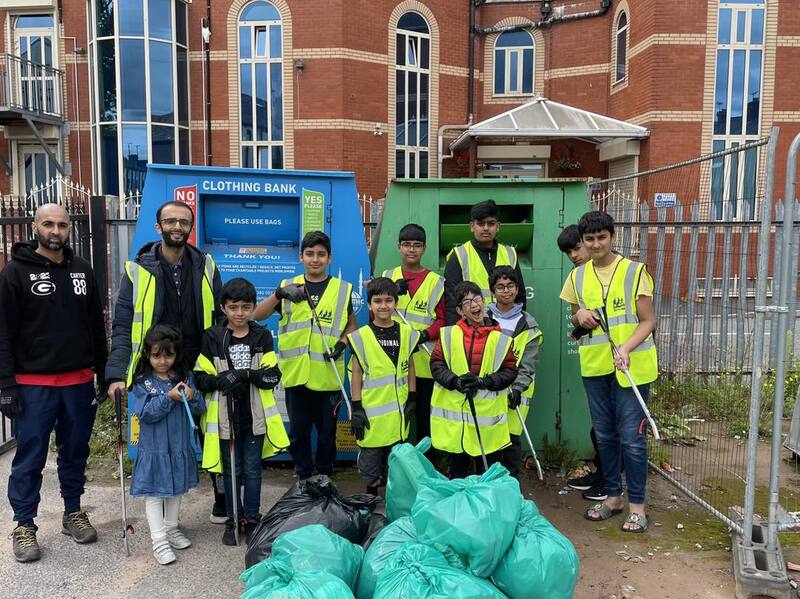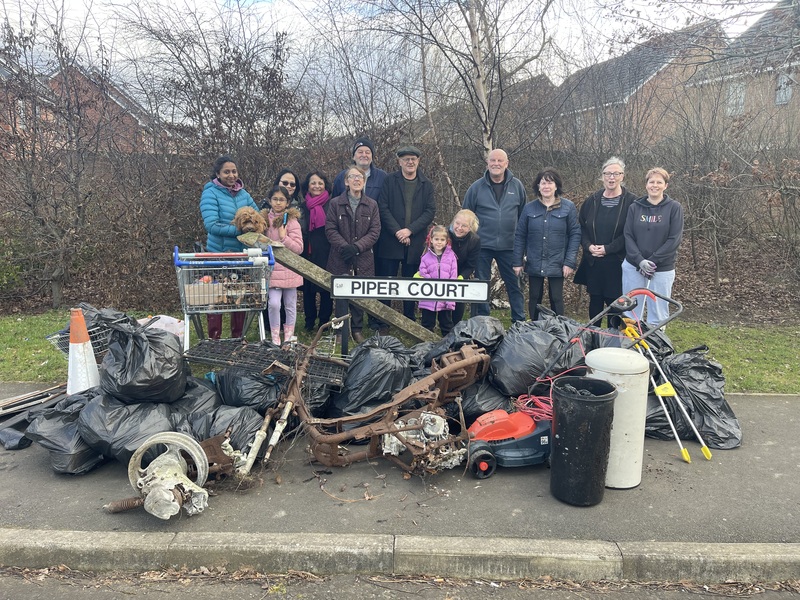Among the commotion and hurry of the modern world, the cleanliness of our streets, communities, and infrastructure often falls down the list of priorities. Yet, maintaining cleanliness in these spaces holds a deep significance. Beyond mere aesthetics, the cleanliness of our surroundings significantly impacts not only environmental health but positive mental well-being and even a reduction in crime.
Firstly, the cleanliness of our streets and communities directly correlates with environmental health. Littered streets, polluted waterways, and neglected public spaces pose severe threats to ecosystems and wildlife. Plastic waste, in particular, has garnered widespread attention due to its persistent presence in the environment and detrimental effects on marine life.
When streets are clean, there is a reduced likelihood of litter finding its way into storm drains and bodies of water, thus mitigating pollution. Moreover, appropriate waste management practices, including recycling and composting, contribute to resource conservation and minimisation of landfill waste. Clean streets also promote air quality by reducing the accumulation of pollutants, such as dust and particulate matter, which can have adverse effects on respiratory health.
By prioritising the cleanliness of our surroundings, we uphold our responsibility to not only nature but those around us. Through collective action, such as organised community initiatives such as the fantastic CleanupUK we can preserve natural habitats, protect biodiversity, and ensure a sustainable future for generations to come.
Litter is depressing. Beyond its tangible environmental benefits, cleanliness plays a vital role in nurturing positive mental health. Numerous studies have highlighted the psychological impact of cluttered or unkempt surroundings on our overall well-being. Living in environments marred by refuse, graffiti, and dilapidated infrastructure can evoke feelings of stress, anxiety, and even depression.
Conversely, clean and well-maintained public spaces foster a sense of local pride, safety, and belonging among locals. Access to green spaces, parks, and vibrant streetscapes has been linked to improved mood, reduced levels of stress, and enhanced cognitive function. These spaces provide opportunities for relaxation, recreation, and social interaction, all of which are essential for promoting mental well-being.
Furthermore, the act of cleaning and beautifying one’s surroundings can have therapeutic effects, instilling a sense of purpose and accomplishment. This is particularly helpful for those at society’s fringes such as the lonely, the elderly or marginalised youth. Community-led clean-up efforts not only enhance the physical appearance of neighborhoods but also strengthen social bonds and foster a shared sense of responsibility for the common good.
In essence, investing in the cleanliness of our communities is an investment in mental health. By creating environments that uplift and inspire, we cultivate resilience, happiness, and a greater sense of connection among individuals and communities.
In addition to its environmental and mental health benefits, maintaining cleanliness plays a pivotal role in crime prevention and community safety. Research has shown a clear correlation between disorderly environments and elevated crime rates. Areas characterised by neglect, vandalism, and urban decay are more susceptible to illicit activities, ranging from petty theft to more serious offenses.
Clean streets and well-maintained public spaces send a powerful message that a community cares about its appearance and will not tolerate antisocial behaviour. When neighborhoods are clean and orderly, residents are more likely to actively contribute to crime prevention efforts. This collective vigilance, known as the “broken windows theory,” suggests that addressing minor signs of disorder can deter more serious criminal activity from taking root. This theory worked miracles when applied to crime-ridden New York in the nineties significantly reducing all types of criminal activity.
Moreover, clean and well-lit streets create a sense of visibility and surveillance, making it harder for criminals to operate undetected. By fostering a sense of ownership and community cohesion, cleanliness acts as a natural deterrent to crime, helping to create safer environments for all residents.
By prioritizing cleanliness in our everyday lives and investing in the upkeep of our shared spaces, we can create healthier, happier, and safer communities for everyone. Let us embrace the triple impact of cleanliness!

Spitafields City Farm, London ‘Staffbase GmbH [employee communications platform business] used the hub at the farm to help clean up Allen Gardens and Brick Lane station park

Rochdale Community Initiatives, Rochdale Pictures from the Hub’s first litter pick on 30th July 2023, involving the two local Mosques: Neeli Masjid and Madina Masjid

Keep Kenton Tidy, Newcastle A growing community group which meets regularly, working closely with local councillors to improve their local area
